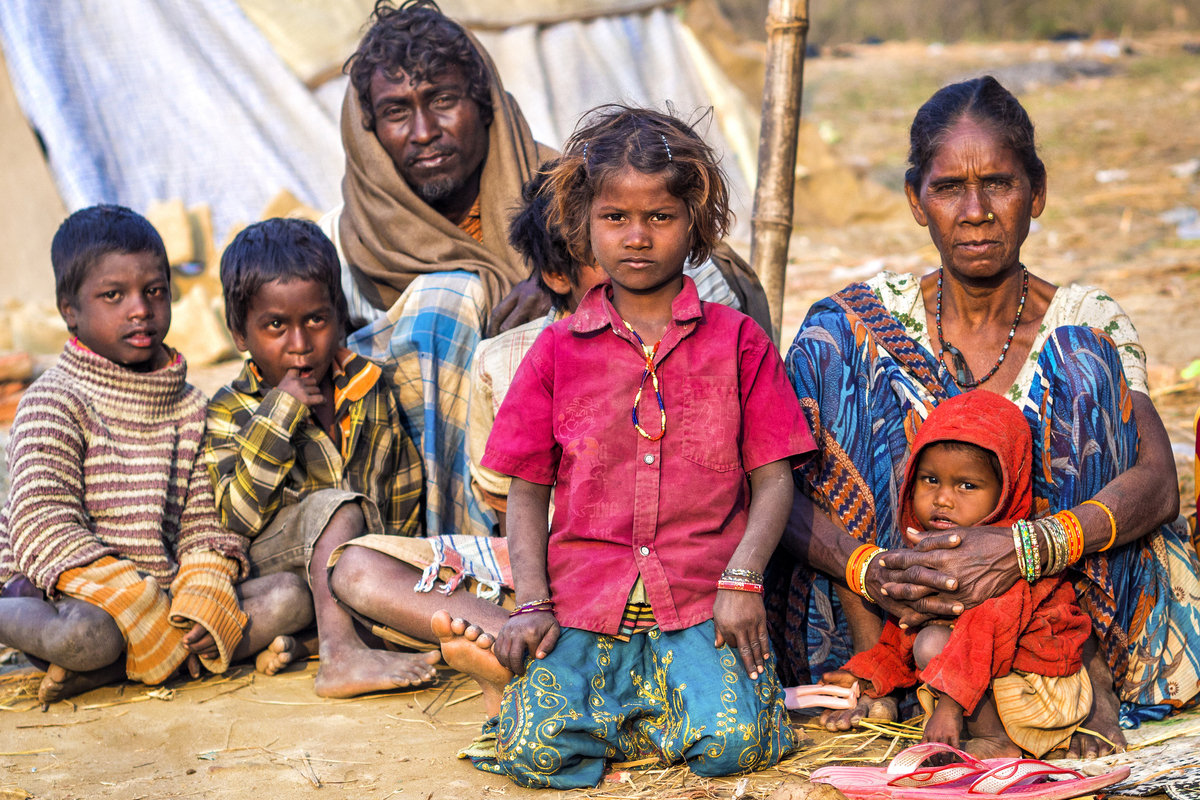Hunger may yet be the biggest killer. The visual, released on Sunday by the World Food Programme, of a child looking out of a slum in Sanaa, capital of embattled Yemen and now one of the countries most at risk from famine, emits the chilling signal that the danger of famine is dangerously real; the prospect runs alongside the catastrophe.
Indeed, fears have been expressed that the repercussions of Covid-19 could be deadlier than the virus itself. While coronavirus has left families in even the richest countries in hunger, it could mean starvation for the poorest, as in parts of Odisha as reports in this newspaper affirm. The warning by the head of the World Food Programme can, therefore, be contextualised with the overwhelming crisis, specifically that a swathe of countries are now on the brink of a hunger pandemic.
Advertisement
Households already struggling to survive have lost the work that fed them. Remittances sent home by family members abroad might fall by around a fifth due to Covid-19. While tourism is out of the question, children are deprived of the nutritious school meals they depend upon. Food supply chains have been dislocated by quarantine regulations and absence of connectivity.
On closer reflection, Covid-19 has brought matters to a head. The dreadful pandemic has deepened the problems of countries that are already struggling with the impact of war, global warming and other health crises. Data garnered by WFP indicates that it could almost double the number of those facing acute hunger, pushing an additional 130 million people to the brink of starvation by the end of the year. Indeed, shortages are likely to affect a fifth of the world’s population.
Developing countries cannot afford the support packages adopted elsewhere, and no single nation can solve supply issues. International solutions are required; UN organisations are in a position to handle border closures, restrictions and transport disruption given their regional presence, contacts and diplomacy.
Economists and global health experts have warned that in the long run, developing countries will need trillions of dollars to recover. The UN has sought $2 billion for its emergency appeal; till last week, however, wealthier countries had pledged only a quarter of that. They must be more generous, if they have to deliver on the promises. Particularly essential is the $350 million logistics plan, which will allow goods and relief workers to reach crisis-hit areas. Governments will be expected to allow essential agricultural and food workers to move within and between countries.
The UN has warned against protecting domestic supplies through tariffs and bans on export. That the G20 and International Monetary Fund have agreed to suspend debt is a salutary development, but rather insufficient. Aside from coronavirus, the food crisis owes not a little to the climate crisis and the war in Syria.
